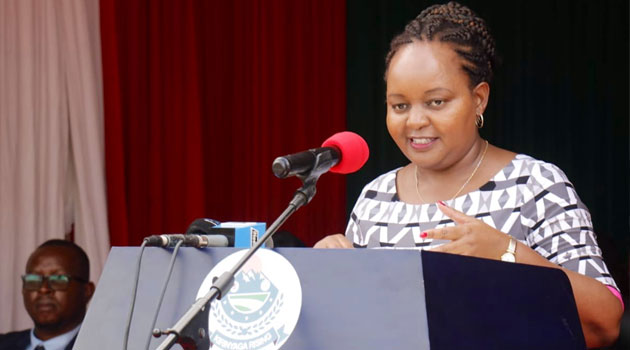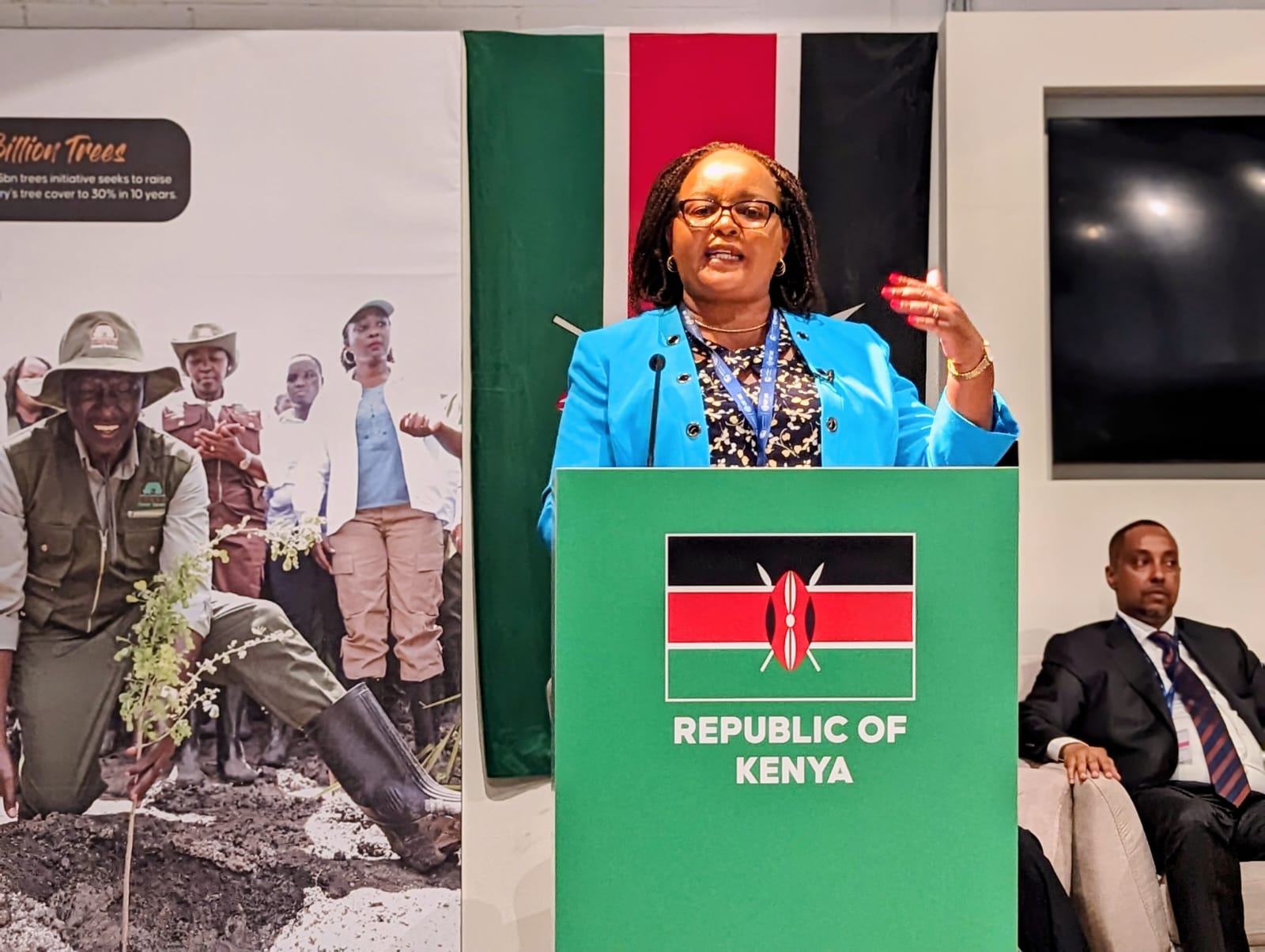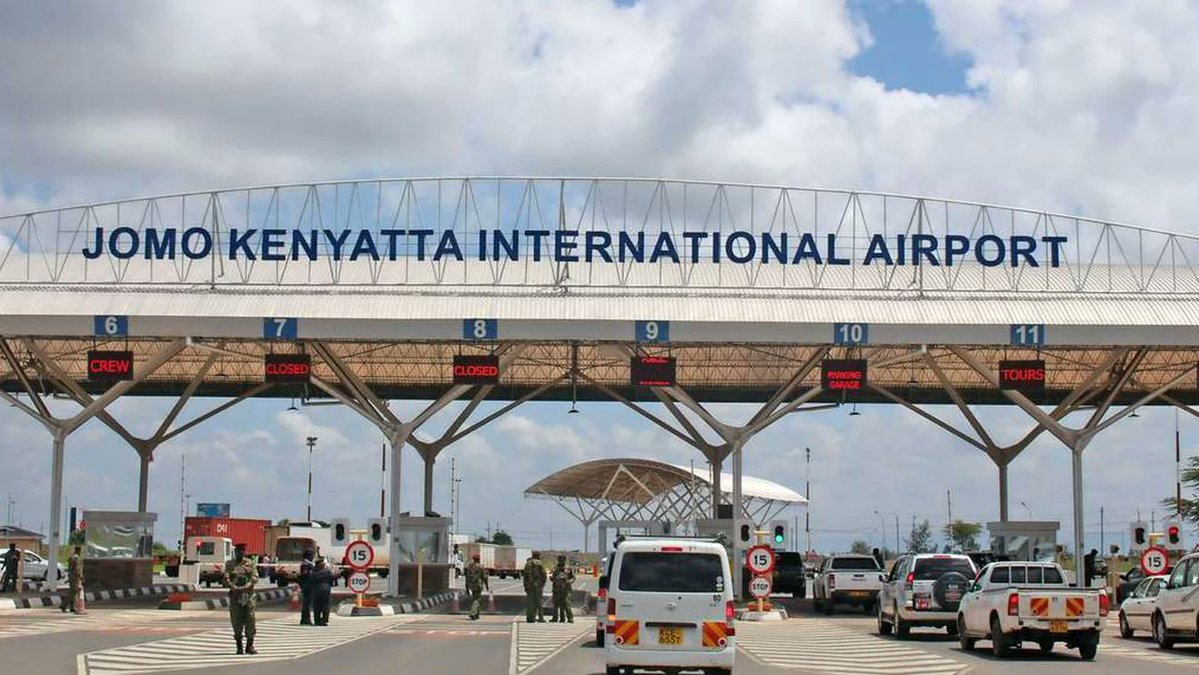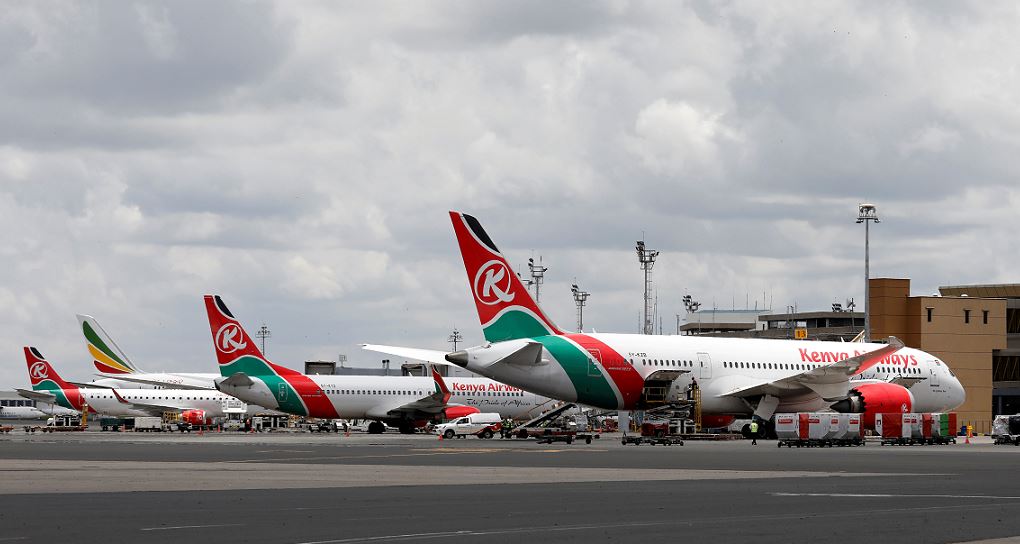Council of Governors (COG) Chair Anne Waiguru has called on East African Community (EAC) member states to coordinate in dealing with transboundary environmental shifts arising from climate change.
Speaking during a COP28 side event themed “Domestication of climate actions for transboundary ecosystem in building resilience and livelihood support systems” in Dubai, UAE, Governor Waiguru noted that the region has experienced similar far-reaching risks that have caused disruptions and greatly affected lives and livelihoods.
The Kirinyaga County boss observed that agriculture, water resources, infrastructure, wildlife, and transport networks have severely been fractured as a result of the effects of climate change.
Governor Waiguru pointed out that repercussions of climate change like extreme weather conditions that have caused prolonged drought, floods, diseases among others extend beyond national borders.
“These disruptions have greatly affected lives and livelihoods. Agriculture, which is our mainstay, Water resources and Infrastructure, Wildlife and Transport networks are severely fractured. Public Health Impact is also evident through the spread of waterborne diseases,’’ she said.
Read More

Governor Waiguru warned that individual adaptation actions by one country sometimes can generate and transmit risks to neighboring countries, leading to emerging trans-boundary adaptation risks.
“Unfortunately for us all, nature does not respect our manmade boundaries of Nations. But here in lies our blessing, the opportunity and necessity for coordinated regional strategies to both mitigate and adapt to the trans-boundary challenges arising from these environmental shifts in East Africa,” Waiguru added.
The COG chair emphasized the need for adherence to the UN Framework Convention on Climate Change (UNFCC) which establishes an international framework for countries to collaborate in tackling climate change.
She noted that EAC countries need binding commitments to emissions reductions and negotiating strategies for achieving them.
Waiguru recommended EAC member states to consider Ecosystem-based Approaches by fostering the active involvement of local governments, institutions, and stakeholders as primary actors in adaptation planning.
The second-term governor further mentioned that EAC member states should adopt gender-sensitive tools and approaches in adaptation planning to ensure inclusivity and address gender-specific vulnerabilities.





-1670665275.jpg)
